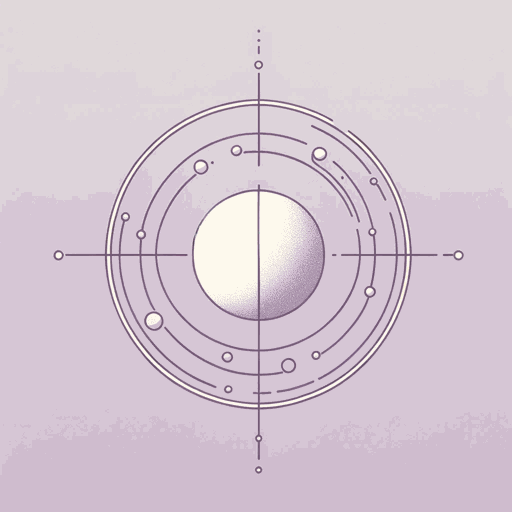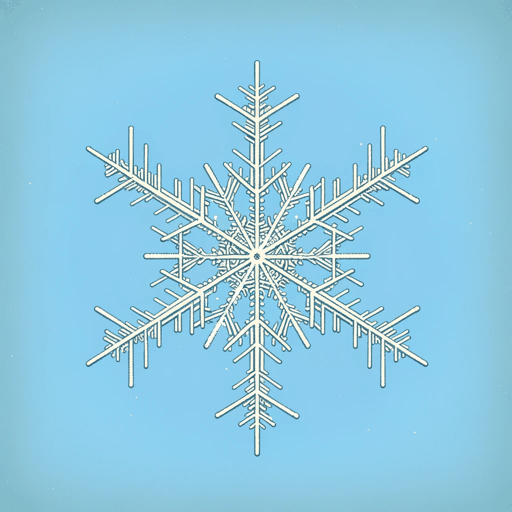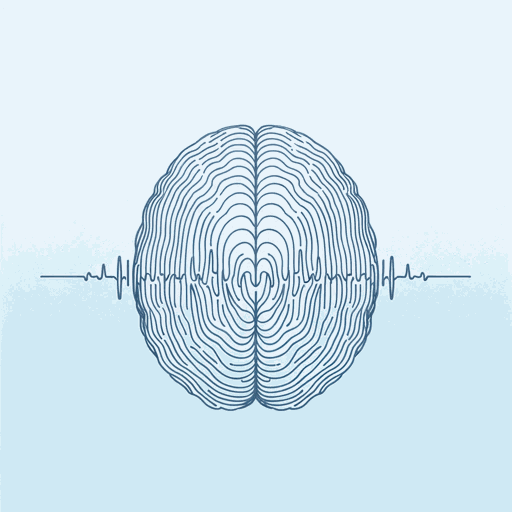47 pages • 1 hour read
Ursula K. Le GuinThe Lathe Of Heaven
Fiction | Novel | Adult | Published in 1971A modern alternative to SparkNotes and CliffsNotes, SuperSummary offers high-quality Study Guides with detailed chapter summaries and analysis of major themes, characters, and more.
Important Quotes
“[T]he jellyfish hangs and sways; Pulses move slight and quick within it, as the vast diurnal pulses beat in the moon-driven sea. Hanging, swaying, pulsing, the most vulnerable and insubstantial creature, it has for its defense the violence and power of the whole ocean, to which it has entrusted its being, its going, and it’s will.”
(Chapter 1, Page 1)
This quote highlights the helplessness of the jellyfish and its dependence upon the ocean for mobility, sustenance, and safety. This descriptive reference also parallels the protagonist, George, who, like the jellyfish, depends upon the world around him to move him. George is, at the beginning of the novel, a passive character who goes in any direction he is pulled. He, like the jellyfish, is described as remarkably average and even insubstantial. The metaphor of the jellyfish as a representation of George also speaks to Taoism, the main tenet of which is to accept life and be moved by it rather than becoming a mover.
“Haber opened his mouth and shut it again. So often he knew what his patients were going to say, and could say it for them better than they could say it for themselves. […] And after all, this talking was merely preliminary, a vestigial rite from the palmy days of analysis; its only function was to help him decide how he should help the patient, whether positive or negative conditioning was indicated, what he should do.”
(Chapter 2, Page 10)
In this passage, Haber is impatient as George tries to describe what troubles him. Haber views the conversation between himself and his patient as an unnecessary and outdated process, believing that he can describe a patient’s issues better than the patient. This not only demonstrates Haber’s sense of superiority but also his extreme desire to control and drive the action. Haber wants to immediately start a mechanical type of treatment, demonstrating his impatience, desire to control, and inability to view people as individuals with particular needs. At this point in the novel, Haber is not aware of George’s world-altering
Related Titles
By Ursula K. Le Guin

A Wizard of Earthsea
Ursula K. Le Guin

Lavinia
Ursula K. Le Guin

The Dispossessed
Ursula K. Le Guin

The Left Hand of Darkness
Ursula K. Le Guin

The Ones Who Walk Away from Omelas
Ursula K. Le Guin

The Tombs of Atuan
Ursula K. Le Guin

The Word for World is Forest
Ursula K. Le Guin

